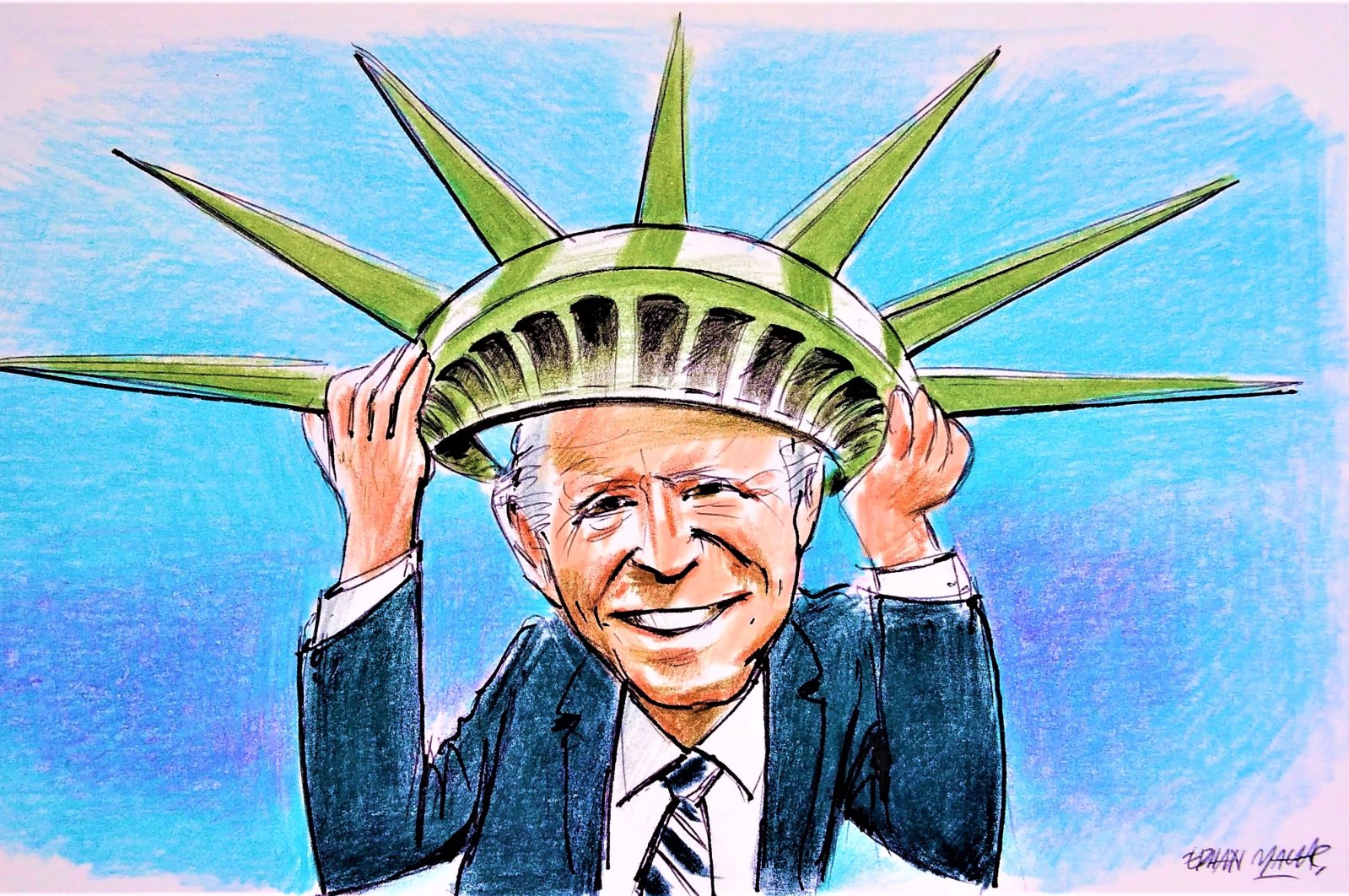
In the aftermath of Joe Biden's 'Summit for Democracy'
The U.S. president's 'democracy' gathering is another failed move to restore America's global image
Share
United States President Joe Biden hosted the Summit for Democracy, an ambitious virtual meeting, on Dec. 9-10. The summit, to which 110 nations were invited, had already faced criticism over the choice of participants. Washington invited Angola, the Democratic Republic of Congo, India, the Philippines and Brazil, leaving out countries like Turkey, Bangladesh and Hungary. In this sense, many observers noted that the list of participants reflected America’s national interests. At the same time, the summit was widely viewed as an extension of Washington’s claim to global leadership. Biden, who claims that “America is back,” attached a lot of importance to that event. In an essay for the Foreign Affairs magazine, he pledged, prior to his election, to promote the issue of strengthening democracy at the global level. Biden thus promised to host a summit to bring together “the nations of the free world.”
Many things can be said about that claim. Clearly, the first point is that the U.S. will never get to define democratic legitimacy. At the same time, the so-called summit for democracy rests firmly on geopolitical calculations – at the expense of values. The summit’s chief geopolitical purpose was to form a global coalition of democratic states against the rise of China and Russia’s expansion. Yet the idea of democracies opposing authoritarian regimes is doomed to fail. The U.S. lacks the capacity to engage in the promotion of democracy globally and great power competition makes such polarization impossible.
Indeed, the real world is full of contradictions. For example, Vietnam, which positions itself opposite China, is a U.S. ally that happens to be authoritarian – just like China itself. Likewise, European democracies have no interest in jeopardizing their natural gas interests (like the Nord Stream 2) for the purpose of containing Russia. For the record, neither China nor Russia has a problem with working together with democratic states. They are not in a position to impose their own models on the rest. Indeed, authoritarianism reflects each country’s respective circumstances as opposed to promotion.
Tags »
Related Articles






